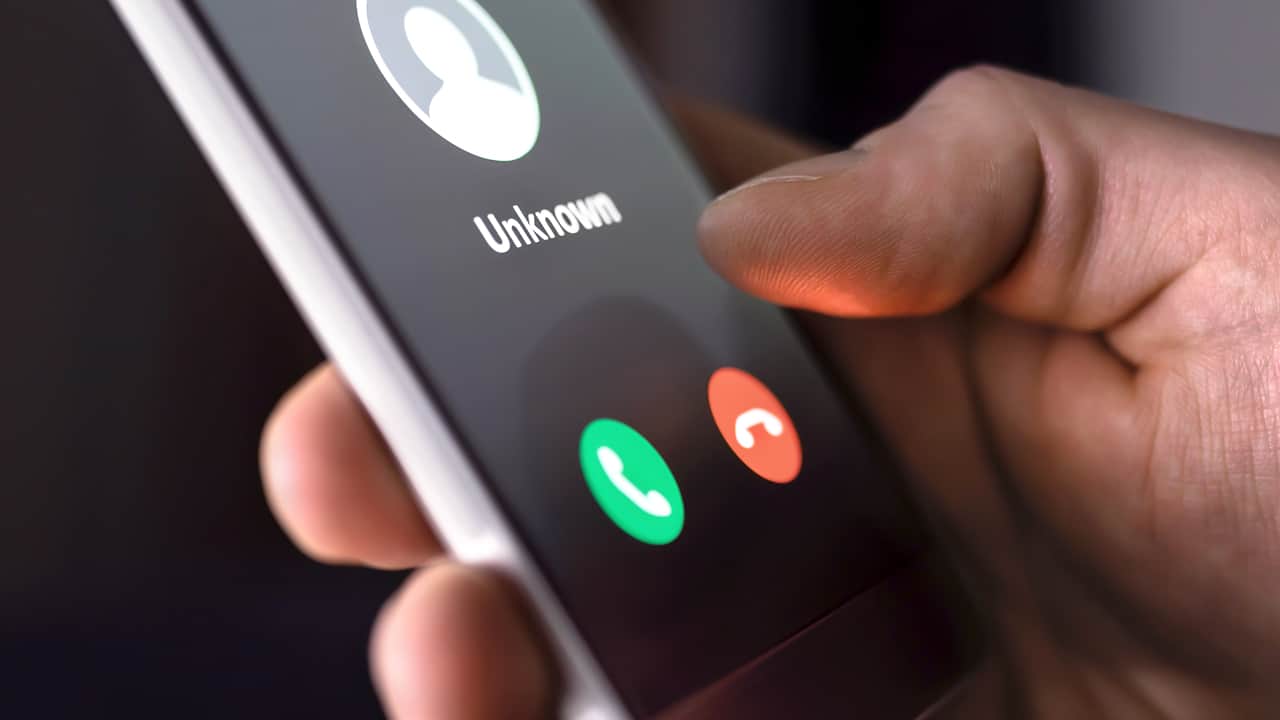CONCORD — New Hampshire Attorney General John Formella issued a warning Thursday about a scam known as the “Phantom Hacker,” which has been mainly targeting older adults in the state.
According to Formella, the scam involves fraudsters who contact victims pretending to be computer technicians, claiming that the individuals’ computers or other electronic devices are infected with a virus or have been compromised.
The scammers then warn that the victims’ financial accounts are at risk.
An accomplice, posing as an official from a financial or government institution, convinces the victim to transfer money from the supposedly at-risk accounts to “protect the funds.” Often, the victims are instructed to move their funds into accounts that the scammers falsely guarantee are secure but are actually under their control.
In other cases, victims are tricked into purchasing valuable items like gold, which a scammer’s courier then collects from their homes under the guise of “safekeeping.”
The Elder Abuse and Financial Exploitation Unit of the attorney general’s office has received multiple reports over the past month of older adults falling prey to these schemes.
Scammers convinced the victims to buy gold to safeguard their assets, leading to significant financial losses when the gold was picked up by the fraudsters’ couriers.
Formella emphasized that neither financial institutions nor legitimate law enforcement would ever ask individuals to purchase valuable items for safekeeping, send unsolicited messages about compromised devices, or pressure them into paying money or providing personal information without proper verification.
The attorney general advised residents to be cautious and provided a series of steps to avoid falling victim to such scams, including not clicking on suspicious links, hanging up on unsolicited calls about compromised devices, and verifying the legitimacy of any entity claiming to offer protection.
He also urged those who have encountered such scams or have been victimized to contact the local police and report the incidents to the Office of the Attorney General through their Consumer Protection Hotline or email, as well as to the New Hampshire Bureau of Elderly and Adult Services.





